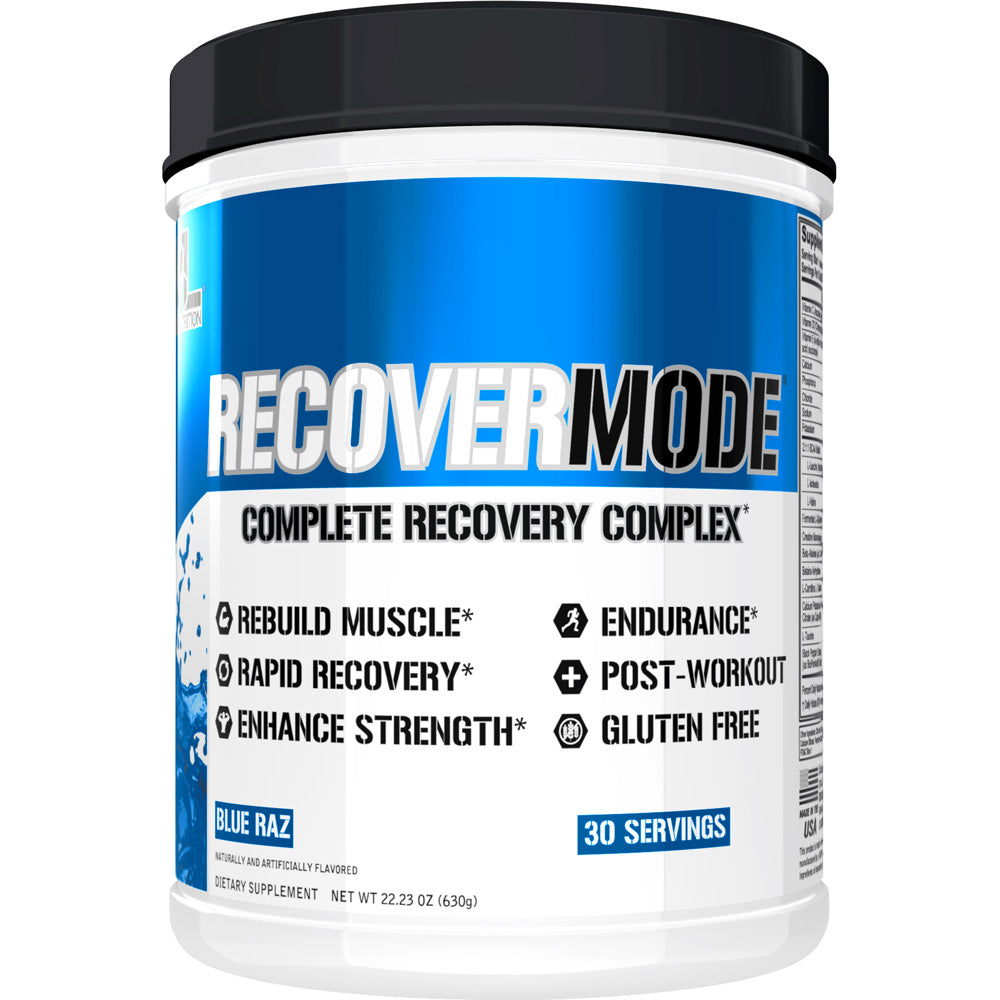One of the hottest weight loss programs that many people are jumping on right now is that of flexible dieting. They love the fact that with this approach, they can virtually eat any foods they want – and still see the results they’re looking for.
The premise behind flexible dieting is that as long as a particular food ‘hits your macros’ so to speak – you tally up the right number of carbs, proteins, and fats for the day, you can include it in your diet plan. This gives you complete control and ensures that you never end up feeling restricted.
This said, there are a few critical mistakes that some people make along the way that you’ll want to know about. Make any of these errors and chances are, the diet won’t go as planned.
Here are four mistakes to avoid while flexible dieting.
Failing To Balance Your Meals
While the primary goal of flexible dieting is to hit a certain level of calories and macros each day, balance is still key. Each meal or snack you consume should contain a balanced mix of these nutrients whenever possible.
Don’t make the mistake for instance of having carb only meals and then feasting on protein alone in another. You still need to worry about regulating your blood sugar levels and a nice mix will help you do just that.
Not Planning Ahead
It’s also important that you are focusing on planning ahead as well. While you may think that this basically takes away from the flexible aspect of flexible dieting, realize that some planning is still wise for success.
If you know for instance you are going out to eat and will be consuming a meal that’s rich in carbs, plan to have the other meals of the day higher in protein. This way, you’ll still achieve the balance that you need for the day.
You don’t want to end up trying to squeeze in the missing nutrients in the last meal and having a hard time actually forming a realistic meal to eat.
Neglecting Pre/Post Workout Nutrition
Just as with any other diet plan, proper pre and post workout nutrition is imperative to success as well. This is one area of the day where you should still follow the protein plus carb recommendation.
Avoid eating a lot of fat during this time as it’ll just slow down the digestive processes and cause you to feel sluggish during the workout that you’re doing.
Not Assessing Progress Regularly Enough
Finally, the last mistake to avoid while flexible dieting is not assessing your progress often enough. Remember that it’s important that you look at how you’re progressing along every 2-4 weeks and then make adjustments in your calorie target and macronutrient intake accordingly. This is what will get you the results that you’re looking for.
Flexible dieting does still require that you adjust those macro numbers as time progresses on, so don’t let yourself get stuck in a rut and hit that dreaded progress plateau.
If you keep these major mistakes in mind and be sure you avoid them, you can feel confident your venture into flexible dieting will be a great success.



